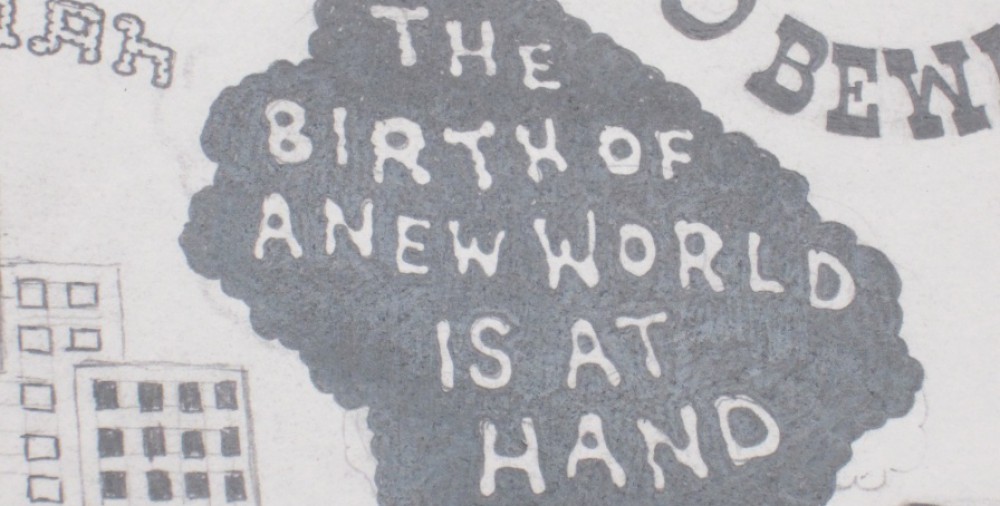The movie adaptation of Brave New World was very different from the book. In the book there were a lot of key factors that were not included in the movie. One of the major differences was that there was not a lot of detail in the story prior to Lenina and Bernard going to the reservation. I feel as if the 1st 100 pages of so of the novel were summed up in the 1st 20 minutes of the movie. There was not a whole lot of detail as to what was going on and the dialoge was not that deep so we can gather an understanding of what was going on. If I did not read the book prior I would not have known what was going on.
In those 100 pages there was a lot of character development for Bernard and Lenina. In the movie Bernard seems like different person. In the book, Bernard is a sort of outcast and doesn’t fit in well. In the movie he is your normal Alpha. In the book Bernard is shown as someone who has ideas different than the World State. That is not depicted even in the slightest in the movie. When Bernard and Lenina go to the reservation, they crashed into it instead of just landing and wanting to stay.
One other point that was made clear in the book and not in the movie was the worship of Ford. Now this isn’t really a huge issue as far as the plot is concerned but it was made such a big deal in the book that I almost expected to see some adaptation of it in the movie. One major thing that was left out in the movie was the character of Helmholtz. In the book he is a big role in the whole storyline. He and Bernard talk quite often in the book. He is there at Bernards side during the soma riot. I think that maybe one of the 2 guys we see Bernard socializing with in the beginning is Helmholtz but it is never referenced too.
Another difference was the riot scene. The director made this more so of John just throwing soma on the floor, everyone jumping after it and then some type of security getting a hold of John. In the movie this is a much more elaborate scene. John throws the soma off of a balcony and this ensues the public becoming rowdy and start attacking John. Then the peace robot came out giving out soma and restoring peace. The movie depiction did not seem like a riot at all, just a temper tantrum.
There was another major plot point that was changed in the movie. In the novel, Linda was a citizen of the World State and got abandoned by the Director in the reservation. In the movie Linda was born on the reservation and was introduced to the World State by the DHC and he got her pregnant. It really did not make a lot of sense. Unless the DHC brought her soma and stuff along those lines how does Linda know so much about it?





